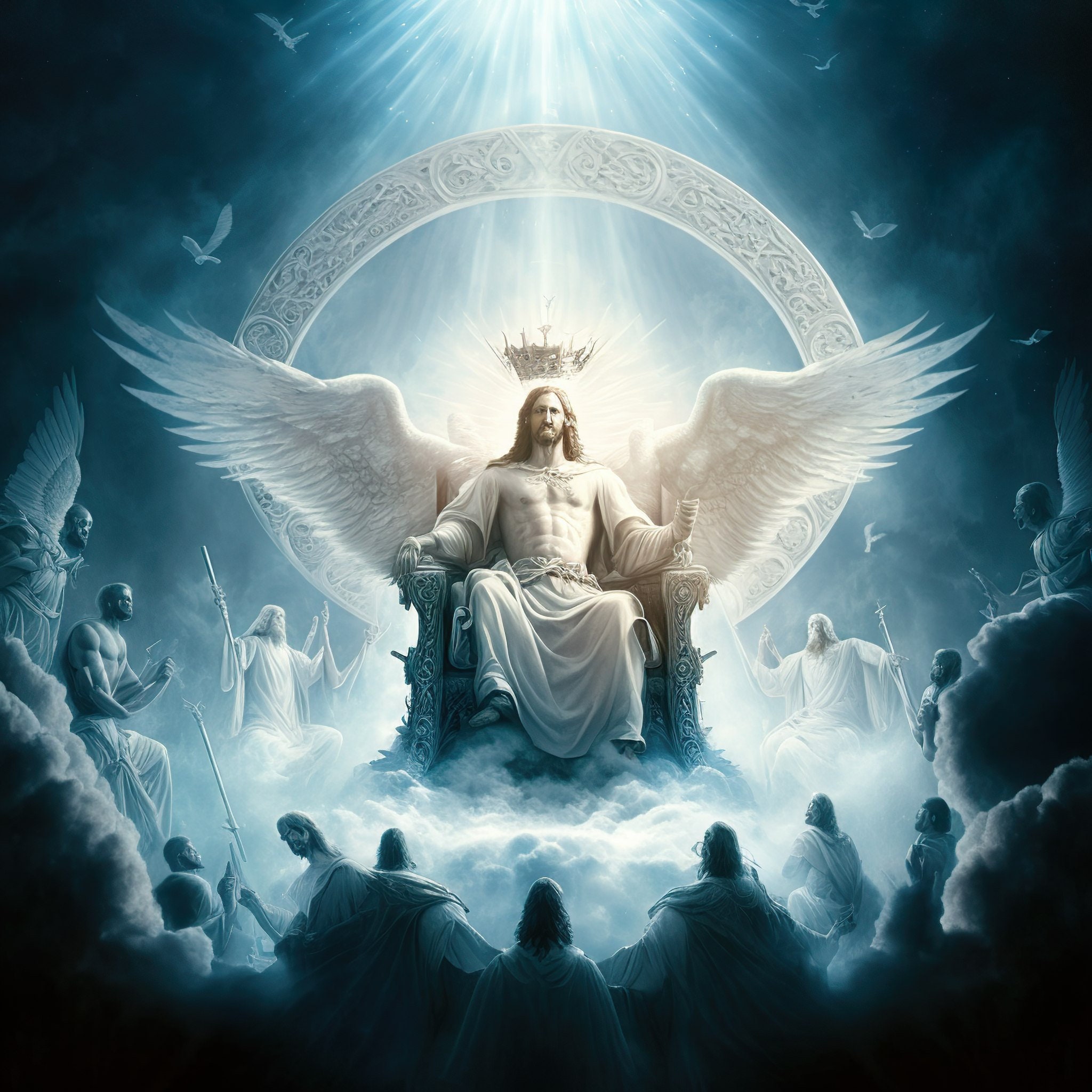The exploration of the concept of God within Buddhism invites a profound inquiry into the nature of creation and the existence of a divine creator. Traditionally, Buddhism is not characterized by a theistic framework; however, this does not preclude the possibility of a divine influence or the consideration of a creator in broader spiritual discourses. This article delves into the intricate relationship between Buddhist teachings and the idea of God, promising a shift in perspective that piques curiosity.
At the core of Buddhist philosophy lies the realization that suffering is an inherent aspect of human existence. This duality of life—pleasure and pain—compels individuals to seek enlightenment, a state of being characterized by profound understanding and liberation from the cycle of samsara. In this context, one must ponder: if the cycle of life is transitory and devoid of a permanent essence (anatta), what role, if any, does a creator deity play?
The concept of God in Buddhism is often painted with a broad brush. In some interpretations, especially within Mahayana traditions, deities do exist but serve as manifestations of compassionate forces rather than omnipotent creator beings. Bodhisattvas, for example, exhibit attributes reminiscent of divine figures; they embody wisdom and benevolence, seeking to assist all sentient beings on their path to enlightenment. This portrayal challenges the conventional notion of God as a singular creator who intervenes in human affairs.
In Theravada Buddhism, which holds a more conservative view, the absence of a creator god is more pronounced. The teachings of the Buddha do not explicitly mention a divine entity orchestrating the universe. Instead, emphasis is placed on the law of cause and effect (karma) and the impermanence (anicca) that governs existence. The cyclical nature of birth, death, and rebirth compels adherents to focus on their actions and the ultimate goal of attaining Nirvana, rather than seeking a divine being to provide salvation.
Despite this apparent divergence from a theistic worldview, the question transcends the simplistic binaries of theistic versus non-theistic interpretations. The acknowledgment of a creator intersects with Buddhism when contemplating the origins of existence. The primal impulse to understand the beginning serves as an intellectual fulcrum for many spiritual seekers. It opens doors to an expansive dialogue about the nature of reality and existence.
One might consider the idea of an “uncreated” state, central to certain interpretations of Buddhist thought, which posits that reality itself is a manifestation of interdependence and moments of becoming. This suggests a view that does not rely on divine intervention but rather emphasizes a more nuanced understanding of existence devoid of a singular origin. Such assertions compel practitioners to confront existential questions without anchoring their reflections to a deity.
Important to note is the relevance of the teachings of dependent origination (pratītyasamutpāda), which articulates the interconnectedness of all phenomena. This principle diverges from a traditional creator perspective, offering instead a framework where everything arises in dependence on causes and conditions. It presents a universe fluid and dynamic rather than static and designed, inviting contemplation on the implications of accountability, agency, and the potential for transformation.
For many, the disengagement from a creator god may propel introspection about personal responsibility within the cosmos. The Freudian notion of projection surfaces here; without an external deity to project fears or desires onto, practitioners are urged to turn inward, navigating the realms of consciousness and self-awareness. Each individual becomes the architect of their spiritual odyssey, inciting a radical reevaluation of agency within their life narratives.
The blending of Buddhist thought with concepts from other spiritual traditions can yield enriching insights. For example, when juxtaposing the Buddhist perspective with theism—especially within monotheistic frameworks—one unveils a diverse tapestry of beliefs about creation. While theistic frameworks offer clear narratives around a creator, Buddhism subtly invites individuals to consider that such narratives might limit the interpretation of the universe as a collaborative and interconnected whole.
In examining Buddhist texts such as the Dhammapada, one finds narratives that reveal a philosophy steeped in pragmatism rather than dogma. There are exhortations to investigate the nature of reality directly and personally. This exploration fosters a dynamic synthesis of curiosity and contemplation, aligning with the core Buddhist tenet of encouraging inquiry over blind faith.
Moreover, the modern dialogue surrounding science and spirituality often resonates well with Buddhist teachings. As physics and cosmology probe the very fabric of reality, parallels emerge concerning the interconnectedness and impermanence inherent in both realms. These discussions evoke a sense of wonder, positioning Buddhism not in opposition to scientific thought but rather as a companion, motivating deeper inquiries about existence while also offering solace in uncertainty.
Ultimately, the consideration of God in Buddhism, or the lack thereof, provides an interesting lens through which to examine the broader spiritual landscape. Such reflections urge individuals to embrace the complexities of existence without relying solely on prescribed dogmas. In rediscovering a sense of wonder about the universe, humanity may cultivate compassion and mindfulness, fostering a connectedness that transcends the finite understanding of a singular divine essence.
In closing, the dissection of Buddhist philosophy in relation to the concept of God fosters a rich dialogue that challenges, inspires, and broadens our perceptions. This exploration serves as a reminder that even in a world replete with diverse beliefs about creation, the pursuit of truth may well lie not in the search for an absolute creator, but in the intricate interplay of existence itself.
